It is not possible to register a UTV in Ohio as street legal for reasons discussed below.
However, it is possible to make a UTV street legal in Ohio by registering it in another state. The resulting title, registration, and license plate will allow you to drive your side-by-side on rural roads, highways, and city streets in Ohio and beyond.
This page covers street legal UTVs in Ohio from top to bottom including relevant laws, details about OHV areas, and times when a UTV not registered as street legal can be driven on local roads. Review the following resources to learn more.
Rather skip to the fun part? Start getting street legal today with the help of our expert team.
We have made our best effort to include all relevant details, but something we did not cover might apply to your situation. We are enthusiasts, not attorneys. This is not legal advice.
View this post on Instagram
A post shared by Dan Hupp (@dan_hupp)
To register a UTV as a regular street legal vehicle through the Ohio BMV, it would need to fit Ohio’s definition of a street legal vehicle and pass an Ohio motor vehicle inspection, however Ohio’s laws do not allow for this.
Ohio defines an All-Purpose Vehicle as “any self-propelled vehicle designed primarily for cross-country travel on land and water, or on more than one type of terrain, and steered by wheels.” This broad category encompasses everything from ATVs and dirt bikes to UTVs and side-by-sides. Anything fitting the description of an All-Purpose Vehicle cannot be registered as street legal in Ohio.
A UTV cannot be registered under any other vehicle category found in the Ohio Motor Vehicle Code. Of the possible candidates:
Motorcycles cannot have more than 3 wheels or an “occupant compartment top”
Cab-Enclosed Motorcycles cannot have more than 3 wheels
Motor-Driven Cycles cannot have more than 3 wheels
Autocycles must have 3 wheels
Under-Speed Vehicles must have a top speed of 20 MPH or less
Low Speed Vehicles must have a top speed greater than 20 MPH but not more than 25 MPH
Utility Vehicles are used in farming, construction, and certain other industries
Additional resources used to reach these conclusions are linked in the Laws, Codes, and Other Resources section below.
Ohio defines a Mini-Truck as a vehicle with 4 wheels, an engine 660cc or less (or an electric motor 7500w or less), weight between 900 and 2200 lbs., standard seating (non-straddle), an enclosed cabin, and a rear cargo area or bed. Additionally, the vehicle must not have been “originally manufactured to meet federal motor vehicle safety standards.” Some UTVs might fit these requirements, however Mini-Trucks in Ohio must also pass a state inspection, at which point the definition of an “enclosed cabin” and the practicality of registering a UTV as a Mini-Truck would be brought into question by the inspection facility and, if it passed, by the BMV during registration.
Even if a person were to succeed in registering a UTV this way, Mini-Trucks fall far short of being fully street legal in Ohio, being restricted to roads with posted speed limits of 35 MPH or less which have been specifically approved for Mini-Trucks through local ordinances.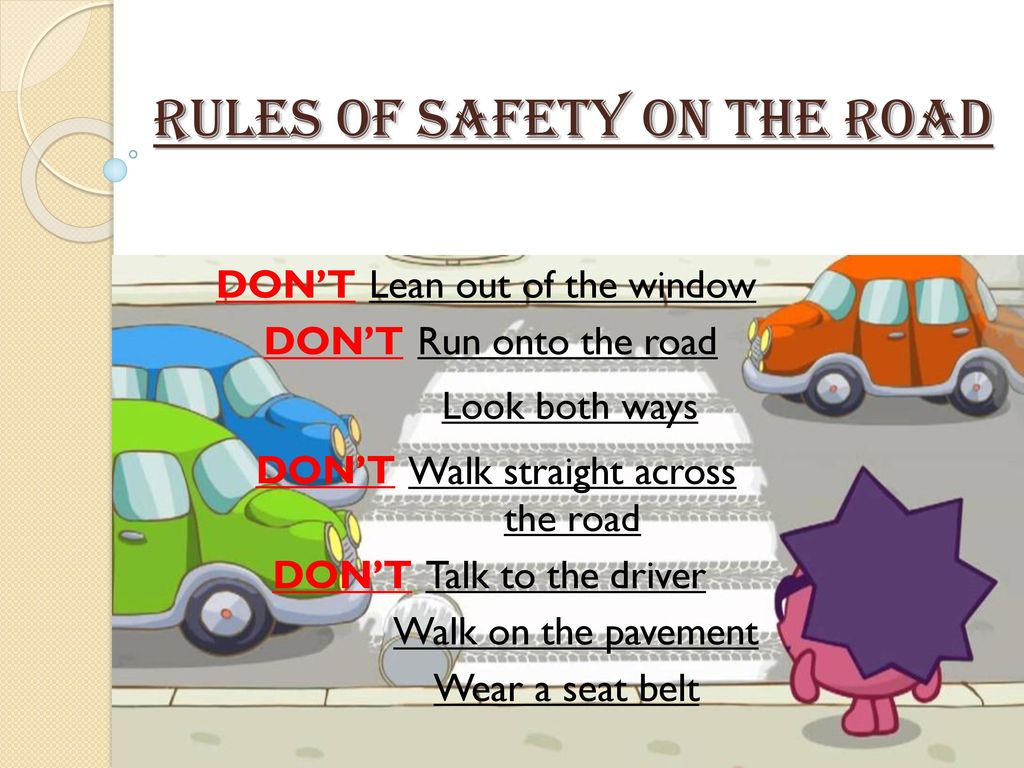 A UTV registered as a Mini-Truck in Ohio would also be subject to different laws in other states, making it difficult or impossible to travel across state lines.
A UTV registered as a Mini-Truck in Ohio would also be subject to different laws in other states, making it difficult or impossible to travel across state lines.
In states like Montana and South Dakota, the vehicle code allows UTVs to be registered as street legal vehicles. You can register your UTV in those states without ever leaving your home. Once registration is complete and the required equipment is installed, your UTV will be street legal in Ohio with an out-of-state registration (see How to Make Your UTV Street Legal).
From Pine Lake to Pike State, Ohio has a diverse selection of off-road areas for adventurers of all skill levels. Trouble is, most of the best riding spots are spread far and wide around the state’s perimeter. A street legal UTV gives you the freedom to travel the entire state of Ohio without a truck and trailer holding you back. Grab the family, grab a friend, or grab some camping gear and head out solo.
Whether your dream weekend is cruising the shores of Lake Erie or clawing your way through the Appalachian foothills, or just running your weekly errands with the wind in your hair, a street legal UTV will make those dreams a reality.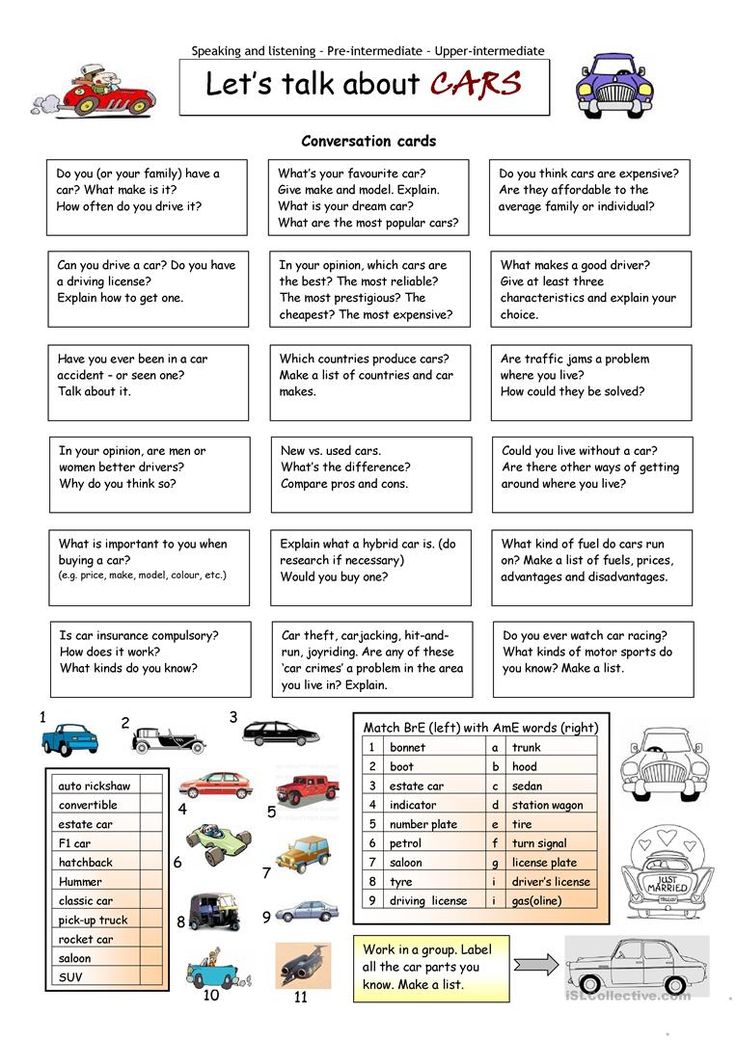 Of course, the thought of dealing with the BMV could snap a person out of the deepest of dreams. Thankfully, our team of experts can register your UTV as street legal on your behalf, giving you more time to dream up your next big adventure.
Of course, the thought of dealing with the BMV could snap a person out of the deepest of dreams. Thankfully, our team of experts can register your UTV as street legal on your behalf, giving you more time to dream up your next big adventure.
Because the only way to make a UTV street legal in Ohio is to register in another state, getting legal does not involve any parts specific to Ohio.
Thanks to reciprocity agreements between states, a vehicle only needs to have the parts required by the state where it is registered. That means a UTV with an out-of-state registration can be driven on Ohio roads without needing any equipment required by Ohio and without needing to pass an Ohio inspection.
There are also some parts we suggest leaving off which are rarely allowed on street legal vehicles in any state.
GET STREET LEGAL PARTS ON GRITSHIFT
View this post on Instagram
A post shared by UTV Headquarters Inc.
(@utvheadquarters)
Ohio vehicle registration reciprocity statute (excerpt)
Vehicles licensed in other states can be driven legally in Ohio thanks to registration reciprocity agreements between states. Ohio’s registration reciprocity statute is linked in the resources below. You should not need to worry about title transfer windows if you maintain residency in another state or your UTV is registered to an LLC in another state. In some cases, it might not be possible to transfer your registration to Ohio from another state because of vehicle type mismatches between states.
Because street legal UTVs are a small niche, local law enforcement may not know that a UTV can be made street legal in Ohio. While we are not attorneys, we always suggest carrying physical copies of your UTV’s registration and insurance proofs and being knowledgeable about the ways your vehicle is legal for road use (see Knowing Your Legality).
Keep in mind that street legal UTVs in Ohio need to observe all laws and rules of the road just as a car would.
Ohio does not have specific helmet laws for street legal UTVs
Occupants younger than 18 should wear helmets on public roads explained below
All occupants are required to wear helmets in OHV areas in Ohio
Ohio requires all motorcycle riders to wear eye protection and riders younger than 18 must wear helmets (as well as older riders on a novice license). However, these laws do not apply to “an autocycle or cab-enclosed motorcycle when the occupant compartment top is in place enclosing the occupants.”
While Ohio’s legal definitions of motorcycles and autocycles do not fit a conventional street legal UTV, it stands to reason that local law enforcement might expect occupants younger than 18 to wear helmets in street legal UTVs in Ohio since that is what they will be most familiar with. For safety reasons we suggest wearing a helmet whenever you operate a UTV on public roads.
For safety reasons we suggest wearing a helmet whenever you operate a UTV on public roads.
Keep in mind that helmet laws need to be followed on a state-by-state basis. Before you travel, learn the helmet situation in any state you plan to drive in. See other states
View this post on Instagram
A post shared by Happy Jeepinit (@happyjeepinit)
Whether your UTV is street legal or not, if you plan to operate as an off-highway vehicle in Ohio (in OHV areas, public lands, etc.) you must obtain an OHV registration through Ohio and display the corresponding off-highway license plate and identification stickers on your UTV.
If your UTV is street legal with an out-of-state registration, or if you are not a resident of Ohio, Ohio does offer out-of-state OHV permits but you will not need one if your vehicle already has a valid OHV registration from another state.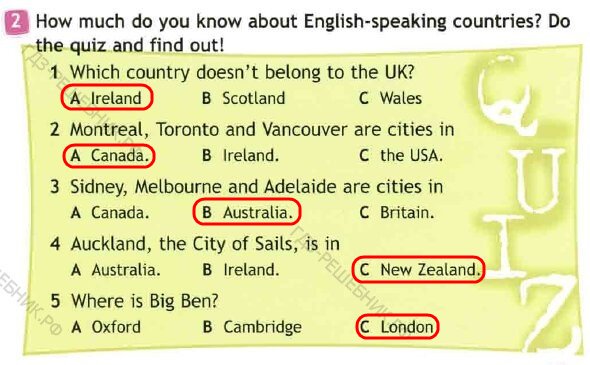
Registrations for off-highway vehicles including dirt bikes, UTVs, and ATVs can be acquired at any local Ohio BMV office. See locations
Having an Ohio OHV license plate does not make your vehicle street legal, though it does allow for limited road use as covered in the next section
Any UTV operated as an OHV in Ohio is required to meet the following requirements:
If used during darkness, at least one headlight revealing objects at 100+ feet
If used during darkness, at least one red taillight visible from 500+ feet
Adequate brakes
Functioning muffler
All occupants must wear helmets
Lights must be on during darkness
Most OHV areas in the United States require a Forest Service-qualified spark arrester and a good working muffler with a maximum volume of about 80-90 decibels. OHV areas within Ohio may have their own requirements regarding equipment, engine size restrictions by rider age, or other factors, so be sure to check ahead when you plan to travel.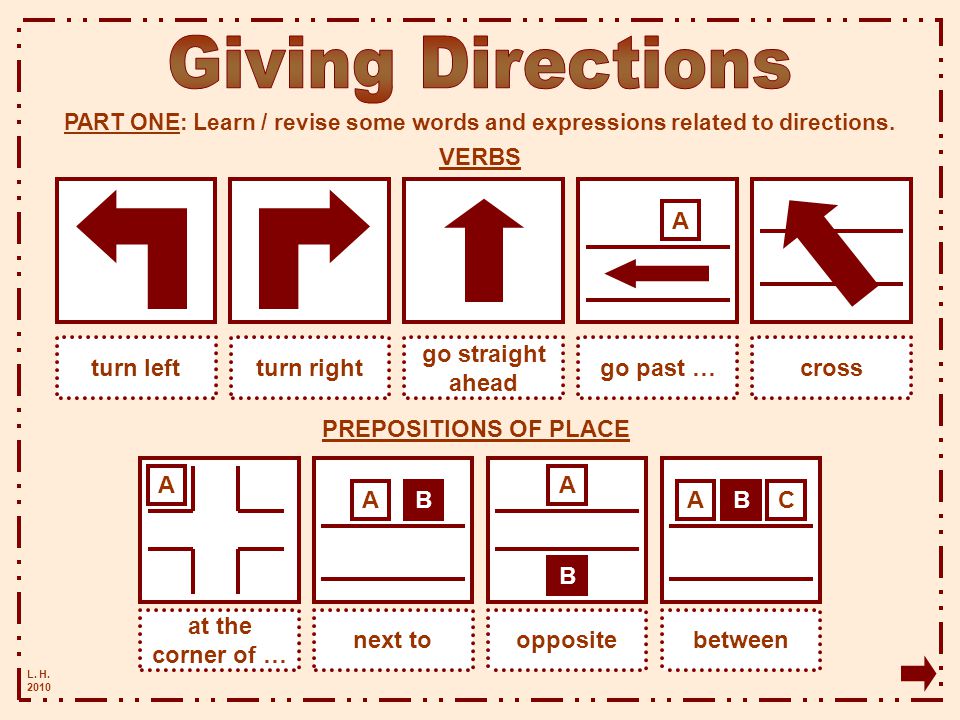
View this post on Instagram
A post shared by Donnie Chambers (@runyourmowernotyourmouth)
Hey! This section is about UTVs that have not been made street legal through the means described above.
UTVs and other off-highway vehicles that are not registered as street legal can use public roads in Ohio in limited circumstances.
In Ohio, off-highway vehicles can be driven on and next to public roads:
On roads marked 35 MPH or less when approved by local ordinance
On other roads only during declared states of emergency
Alongside a road between riding areas or to/from a loading or unloading point
State highways are defined as those outside the jurisdiction of a municipality.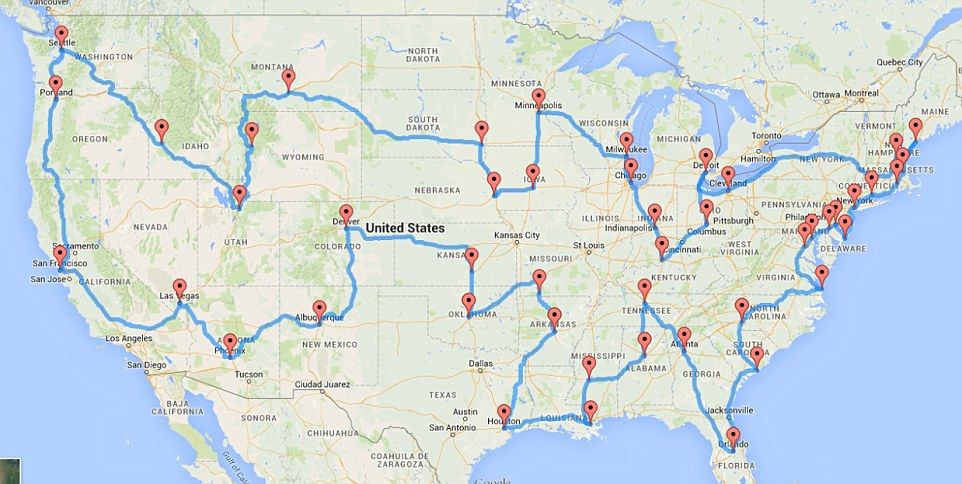
UTVs and other off-highway vehicles in Ohio can drive on the berm or shoulder of local and rural roads excluding freeways, state highways, and limited-access highways.
Towns, cities, and other local jurisdictions in Ohio can choose to allow off-highway vehicles on roads marked 35 MPH or less. Call the BMV or local authorities to confirm which roads are approved in your area.
Before being used on public roads in Ohio, an OHV must pass a safety inspection and be registered with the state as an off-highway vehicle. Equipment requirements are not specified but most likely match the requirements for off-road OHVs. These topics are detailed in the previous section on OHV areas.
Off-highway vehicles may cross roads in Ohio providing they yield to traffic, cross safely, and do not interfere with traffic. Freeways, state highways, and limited-access highways cannot be crossed except during declared states of emergency.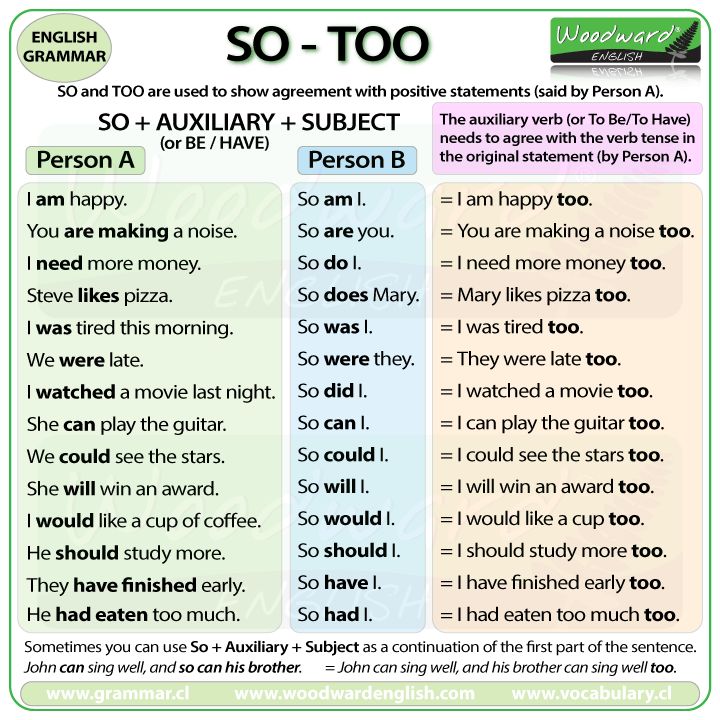
Special rules apply for islands in Lake Erie. There, OHVs can be operated on all roads including state highways, limited-access highways, and freeways between November 1st and April 13th provided all traffic laws are obeyed, the driver has a valid driver’s license, the vehicle is properly equipped, and the owner maintains proof of financial responsibility for both on-road and off-road use of the vehicle. Contact the BMV or local authorities to learn more.
UTVs and other OHVs used in industries like farming and construction may qualify to be classified as Utility Vehicles. This classification comes with expanded driving permissions relating to the vehicle’s use. Contact the BMV or local authorities to learn more.
• • •
Hey! This page is part of our Nationwide Street Legal UTV Guide which covers all 50 states plus Washington, D.C. and five US territories.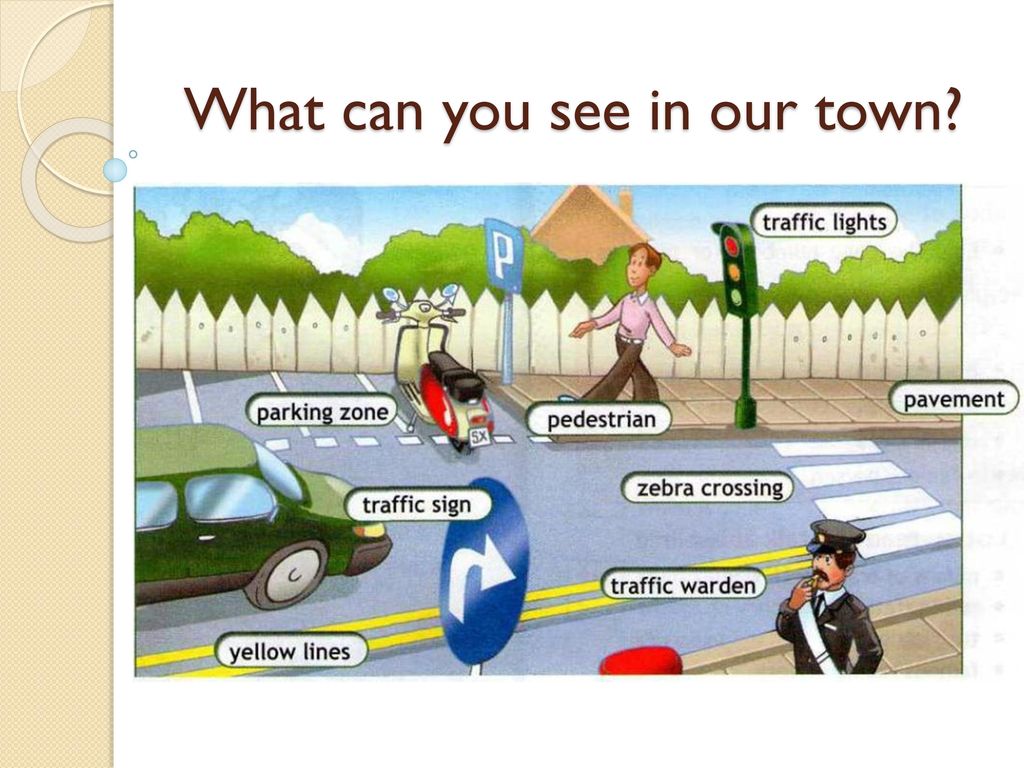 It also covers in-depth topics like registration, insurance, and what to do if you get pulled over. Check it out to learn all about street legal UTVs!
It also covers in-depth topics like registration, insurance, and what to do if you get pulled over. Check it out to learn all about street legal UTVs!
For questions outside the scope of this guide, try contacting:
Ohio Bureau of Motor Vehicles (BMV)
Ohio Department of Natural Resources
Ohio State Highway Patrol
These are the sources we used to create this guide. If you find any inaccurate or outdated information, please contact us and we will be happy to address it.
Ohio Bureau of Motor Vehicles locations (Locations to register an OHV in Ohio)
Ohio Department of Public Safety: Titling, Registering, & Operating OHVs (PDF)
Ohio Statute 45-11.214 and 45-11.215 (Use of public roads)
Ohio Statute 45-19.401 (Use of mini-trucks as utility vehicles)
Ohio Statute 45-19. 02 (Registration of OHVs)
02 (Registration of OHVs)
Ohio Statute 45-19.04 (Registration plates and stickers)
Ohio Statute 45-19.09 (Out-of-state registrations)
Ohio Statute 45-19.20 (OHV equipment requirements)
Ohio Statute 45-11.215 (Local authorities)
Ohio Statute 45-19.40 (Prohibited uses)
Ohio Statute 45-19.41 (Operation on roads, crossing roads)
Hubbard Township Police Department ATV Laws
Ohio Statutes Chapter 45-19: Special Vehicles
Ohio Statute 45-01.01 (Defines motor vehicle categories, state highway)
Ohio Statute 45-03.37 (Ohio vehicle registration reciprocity)
Ohio Statute 45-11.53 (Ohio motorcycle helmet law)
Ohio Statute 45-19.01 (Defines all-purpose vehicles, highways, mini-trucks, etc.)
Ohio Statute 45-19.21 (Noise testing)
Ohio Statute 45-19.401 (Operation of mini-trucks)
Ohio Revised Code
Ohio BMV
READ LESS, RIDE MORE.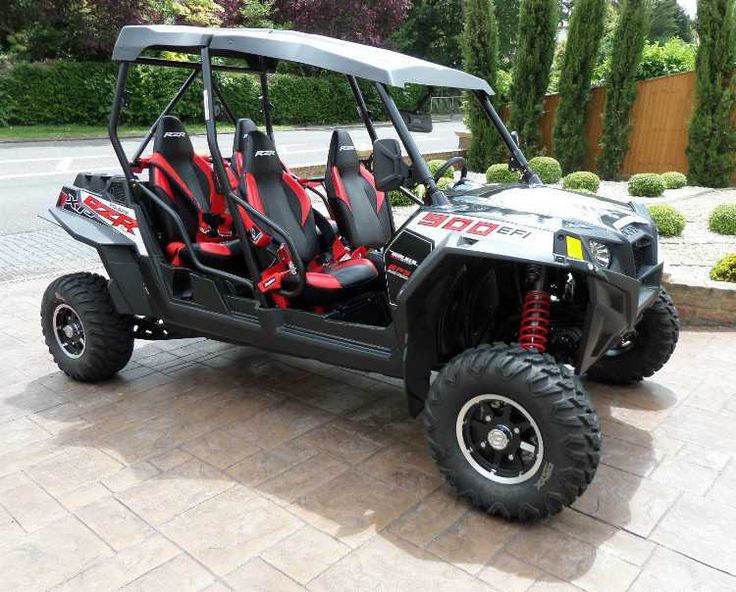
Our expert team can register your UTV as street legal while you’re out riding.
Continuing in our series of articles analyzing the ATV laws in every state, which stemmed from this article, we are addressing the ATV laws in Ohio in this article.
It should also be noted that, while I am an attorney, I am not your attorney and am not giving legal advice. If you have questions, you should consult a local attorney.
Ohio lumps ATVs in a much broader description of all-purpose vehicles. Ohio defines an “All-purpose vehicle” as “any self-propelled vehicle designed primarily for cross-country travel on land and water, or on more than one type of terrain, and steered by wheels or caterpillar treads, or any combination thereof, including vehicles that operate on a cushion of air, vehicles commonly known as all-terrain vehicles, all-season vehicles, mini-bikes, and trail bikes. ”
”
You may not operate an ATV or UTV within the state of Ohio unless you have first had the same registered and numbered.
You can file an application for registration, and the fee, with the registrar of motor vehicles or a deputy registrar, on blanks furnished by the registrar for that purpose and containing all of the following information:
You will receive a license plate and a decal registration sticker. They must be placed on your ATV or UTV, and they must remain clearly visible.
There is an exception to the registration requirements for ATVs and UTVs used exclusively for agricultural purposes such that they qualify for a current agricultural use valuation tax credit.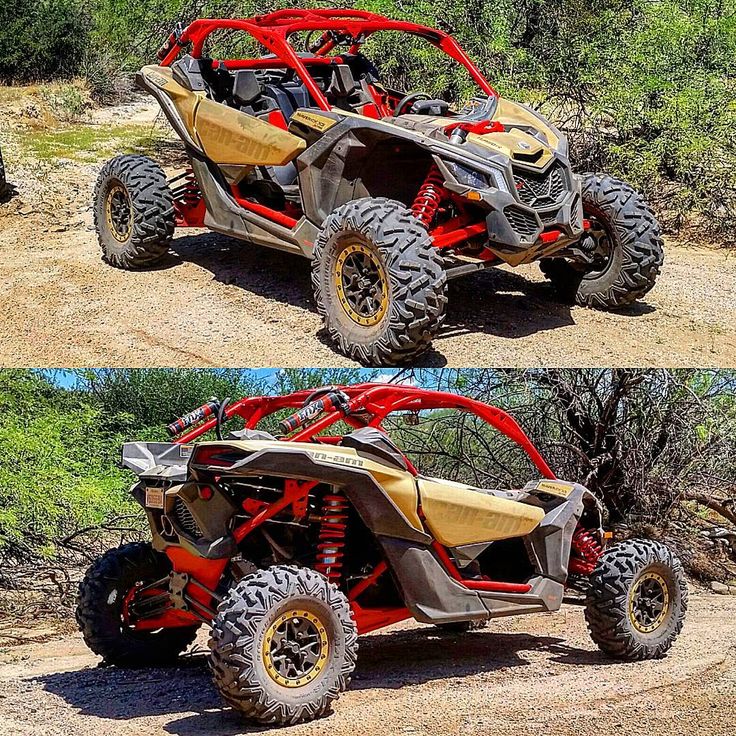
This exception is only available if the ATV or UTV is not to be used on any public land, trail, or right-of-way, except when traveling from one farm to another
There is also no registration requirement for ATVs and UTVs operated on an island in Lake Erie between the first day of November and the thirtieth day of April.
In the event your ATV or UTV is lost, destroyed or otherwise disposed of, you must return the certificate of registration within 15 days. The certificate of title must also be returned to the clerk of the court that issued the title.
You must also submit a certificate of registration within 15 days of a change of address, and you will received an updated certificate displaying the new address.
A non-resident may obtain a temporary operating permit, good for up to one year, for $11.25. The permit must be displayed upon request.

You are not permitted to operate an ATV or UTV in Ohio on any state highway, including a limited access highway or freeway or the right-of-way thereof, except for emergency travel as designated by the Director of Public Safety.
You are not permitted to operate an ATV or UTV on any private property, or in any nursery or planting area, in Ohio without the permission of the owner or other person having the right to possession of the property;
Unless permission is posted by sign, you are not permitted to operate an ATV or UTV on any land controlled by the state.
You are not permitted to operate an ATV or UTV on any operable railroad tracks in Ohio.
Okay, enough of where you can’t ride. Here is where you are able to ride an ATV or UTV in Ohio:

The short answer is no, you are not permitted to hunt with an ATV or UTV in Ohio. You are prohibited from transporting any firearm, bow or other implement for hunting on an ATV or UTV unless it is unloaded and securely encased.
You are also prohibited from using an ATV or UTV for the purpose of chasing, pursuing, capturing, or killing any animal or wildfowl.
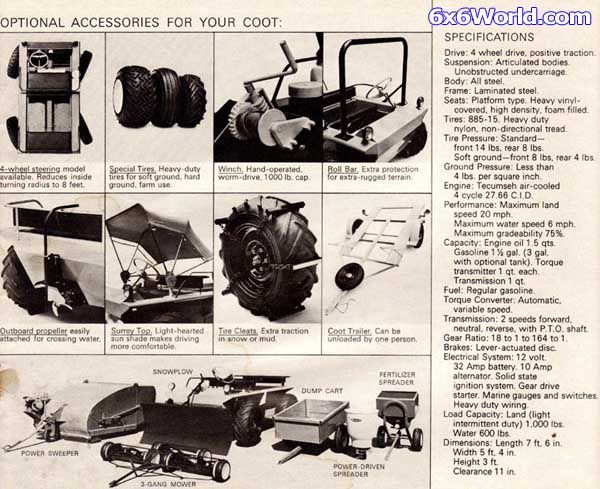
If you are involved in an ATV or UV accident in Ohio that results in bodily injury to or death of any person, or damage to the property of any person in excess of one hundred dollars, you must report the accident within forty-eight hours to the state highway patrol, the sheriff of the county within which the accident occurred, or the chief of police.
Within thirty days of the accident, you must also file a written report of the accident to the registrar of motor vehicles on a form prescribed by the registrar.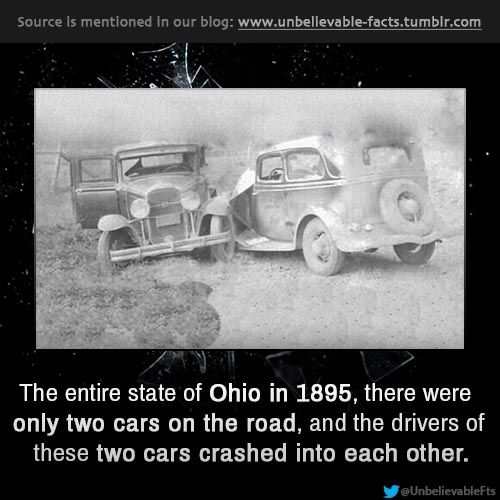
If you are physically incapable of making the reports and there is another participant in the accident not so incapacitated, the participant shall make the reports. In the event there is no other participant, and you are not the owner, the owner, within the prescribed periods of time, shall make the reports.
.
It is generally accepted that ATVs are driven only in mud and off-road.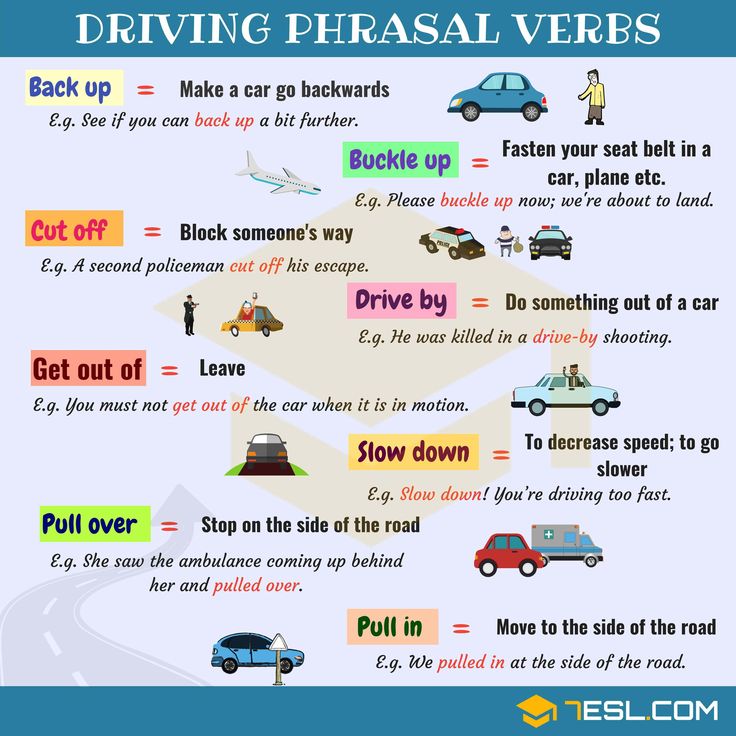 But there are situations when you need to drive it onto a public road (DOP). For example, to get fishing in the shortest way or to bring building materials from the store. In these cases, it is not illegal to drive the ATV on highways if several conditions are met. Let's take a look at them.
But there are situations when you need to drive it onto a public road (DOP). For example, to get fishing in the shortest way or to bring building materials from the store. In these cases, it is not illegal to drive the ATV on highways if several conditions are met. Let's take a look at them.
 If the deadlines are not met, a fine of 800 rubles is imposed.
If the deadlines are not met, a fine of 800 rubles is imposed.
 A helmet or a model without chin protection is not suitable for riding an ATV - the helmet must be closed.
A helmet or a model without chin protection is not suitable for riding an ATV - the helmet must be closed.
An ATV with mud tires can comfortably ride on asphalt at speeds up to 60 km/h. When driving faster, it will consume a lot of fuel, worse control and noise. If you plan to ride on flat pavement often, put all-purpose tires on your ATV. This solution is suitable for residents of holiday villages, around which high-quality roads are laid.
ATV must not be driven on motorways (sign 5.1), roads for cars (sign 5.3), roads where trucks (sign 3.4) and tractors (sign 3.5) are prohibited . Rules regarding markings, speed limits, driving in traffic, stopping and parking for an ATV are the same as for cars.
To travel on public roads on an ATV, you will need a self-propelled vehicle passport, number, registration certificate, insurance, category A1 tractor driver's license, a helmet and rear-view mirrors. It is also desirable to have turn signals.
Hello Michael! To resolve this issue, it is necessary to thoroughly understand who owns all the land along the entire length of the road. Judging from the data presented to you, the land on which the road passes belongs to both private individuals and the administration. If this is so, then there is no point in making out the road to the property at all. In any case, you have access to the site and everyone has the right to access their site, even with the registration of an easement. I think that in your case it is not worth starting the process of registering the road, taking into account the interests of the municipality and the owners of other sites.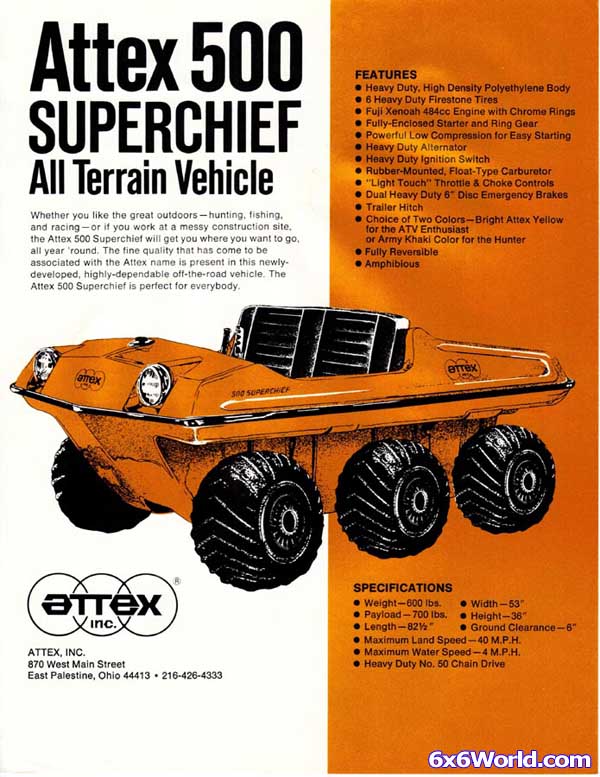
Land Code of the Russian Federation Article 19. Municipal ownership of land
1. Land plots are in municipal ownership:
which are recognized as such by federal laws and laws of the subjects of the Russian Federation adopted in accordance with them;
the right of municipal ownership to which arose during the delimitation of state ownership of land;1.1. Unless otherwise provided by other federal laws, a land plot, from the date of state registration of the termination of ownership rights to it, is the property of an urban district, urban or rural settlement or, if such a land plot is located on an inter-settlement territory, the property of a municipal district according to the location of the land.
The issue is further complicated by the fact that the specified road passes through zones that are considered public places
Civil Code of the Russian Federation Article 1. Basic concepts used in this Code territories of common use and are subject to establishment, change or cancellation in the territory planning documentation;
Basic concepts used in this Code territories of common use and are subject to establishment, change or cancellation in the territory planning documentation;
This is also difficult, as it affects the interests of an indefinite circle of people. The road is considered a linear object of the Civil Code of the Russian Federation Article 1
10.1) linear objects - power transmission lines, communication lines (including line-cable structures), pipelines, roads, railway lines and other similar structures;
Therefore, the letters of the Ministry of Economic Development of Russia dated July 11, 2014 N D23i-2426 “On consideration of the appeal”, the issue of classifying an object as real estate can be resolved during cadastral work.
Article 51 of the Civil Code establishes that the construction of linear facilities requires building permit , and after completion of construction, you need permission to put the facility into operation on the basis of article 55 of the Civil Code.